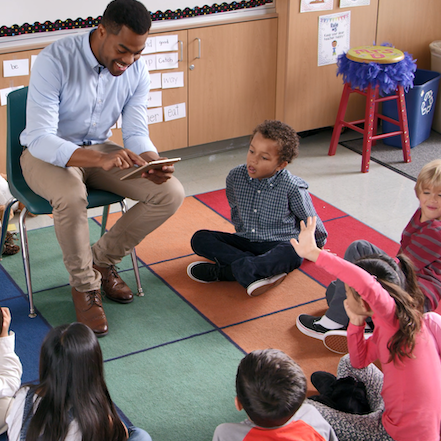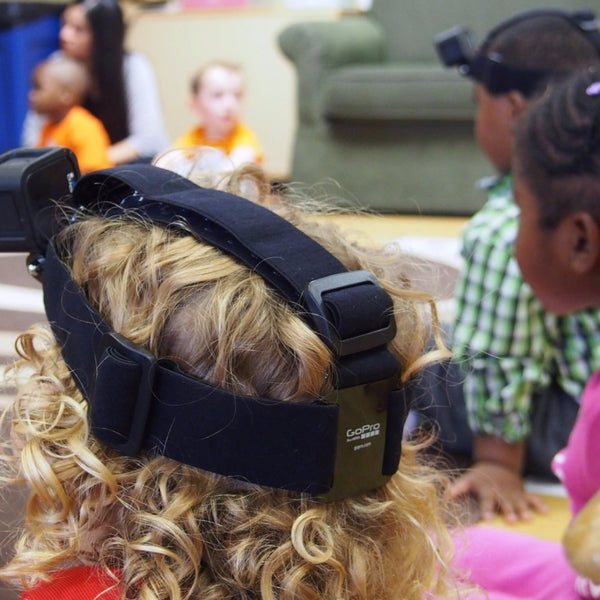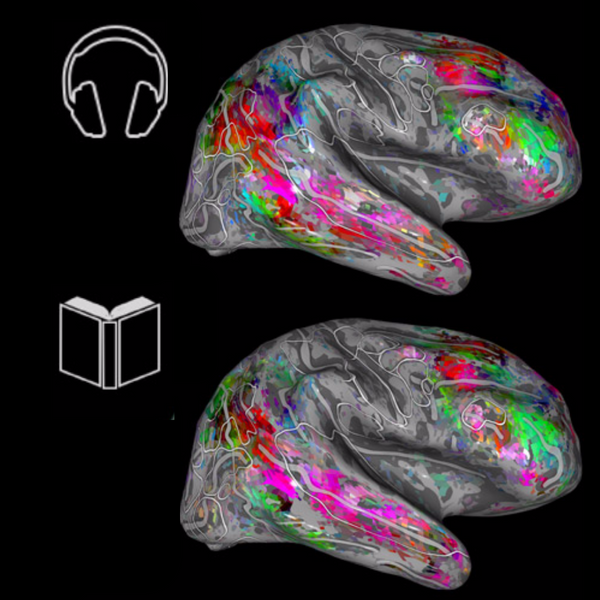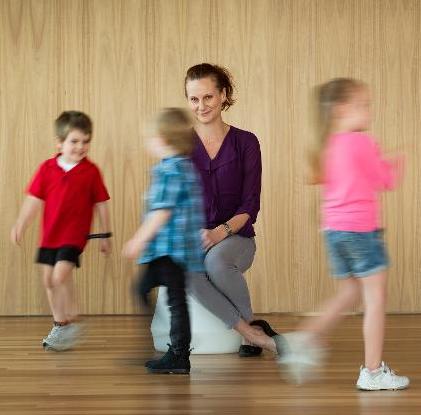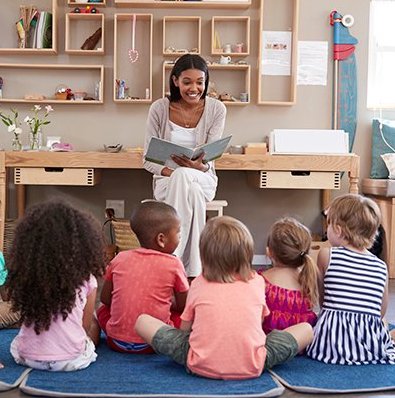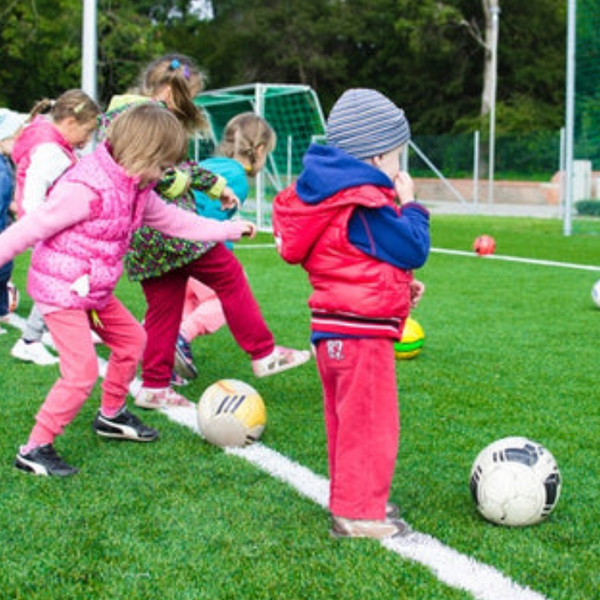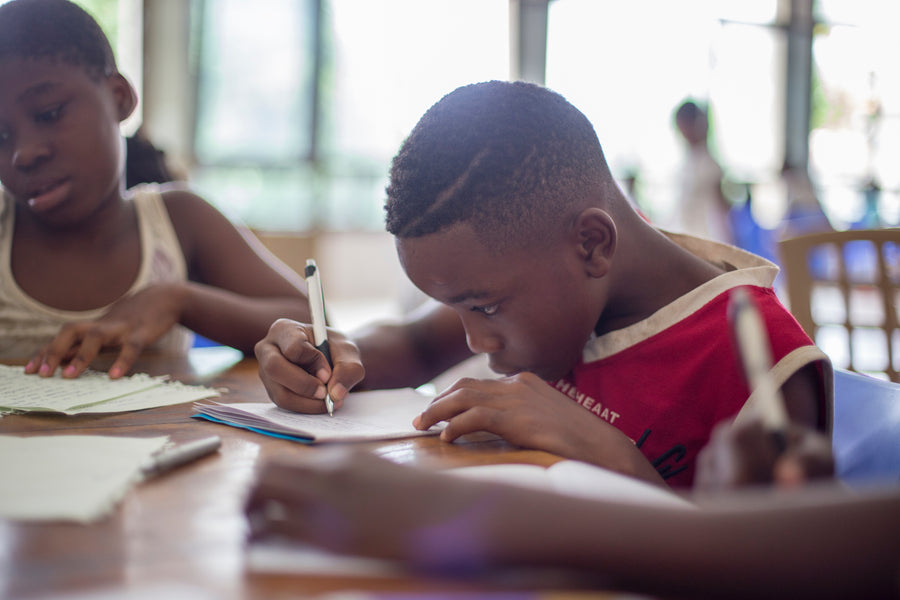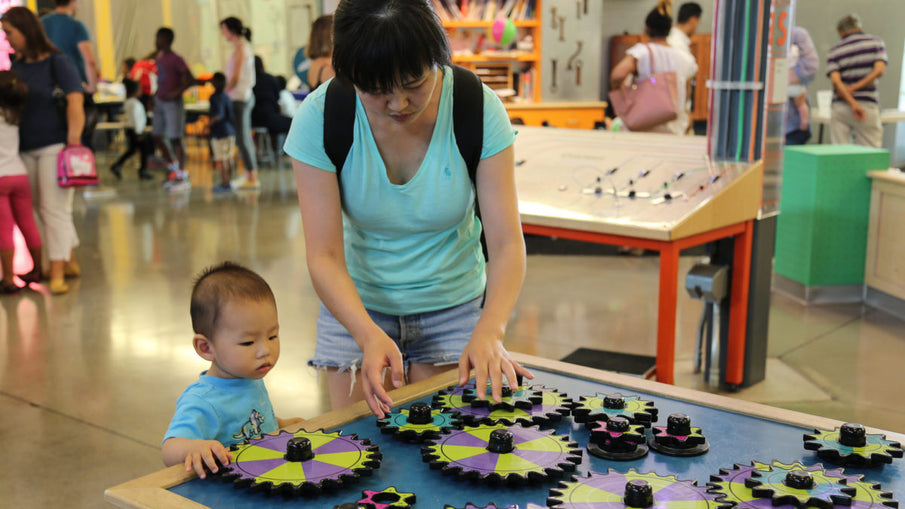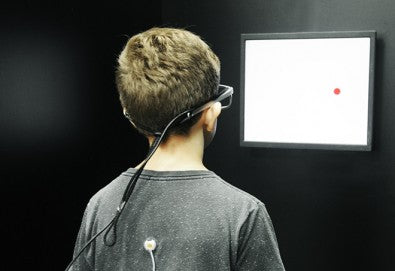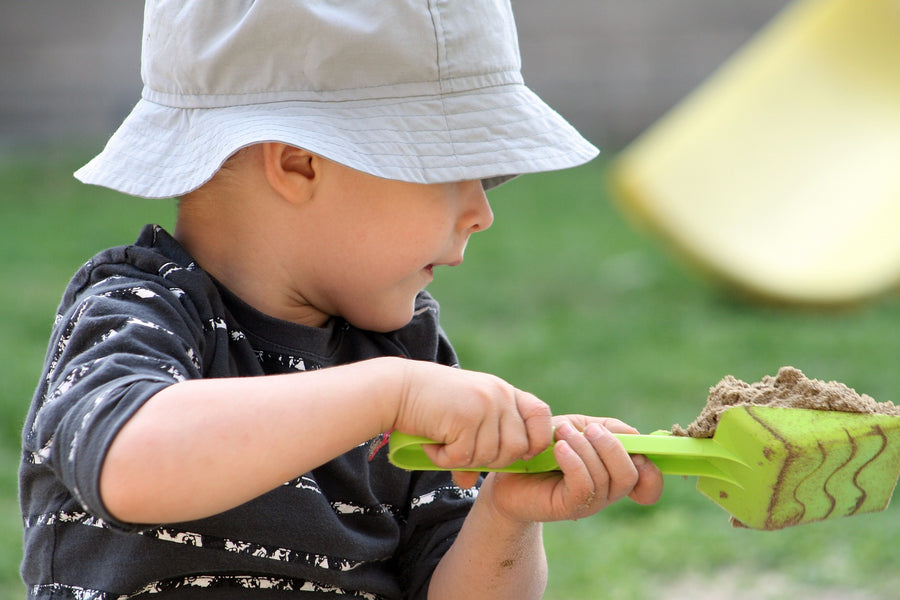Research -- StepUp to Learn
Rethinking Role of Technology in the Classroom
Study finds added access can lead to decrease in students' academic motivation. Engagement "is more than a matter of providing children with access to the latest electronic devices."
Screening Kindergarten Readiness
Researchers at the University of Missouri College of Education have found that a readiness screener can predict kindergarteners’ success in school after 18 months.
Kids wore video cameras in their preschool class, for science
They may all be in the same classroom together, but each child in preschool may have a very different experience, a new study suggests.
A Map Of The Brain Can Tell What You’re Reading
Color-coded maps of the brain show the semantic similarities during listening and reading and have practical implications for learning and for speech disorders, from dyslexia to aphasia.
Wiggling It Beats A Path For A Better Performance At School
Marching, wiggling and tapping a beat aids young children to develop their self-regulation skills and improve school readiness.
Preschool Teachers Aren't Asking Challenging Questions
UTHealth study reveals that preschool and kindergarten teachers ask too many simple questions and offer ideas on how to enhance student learning.
Reading With Toddlers Reduces Harsh Parenting, Enhances Child Behavior
People who regularly read with their toddlers are less likely to engage in harsh parenting and the children are less likely to be hyperactive or disruptive.
Fifteen minutes of exercise creates optimal brain state for mastering new motor skills
When asked to repeat the same task 24-hours later, participants those who had exercised for 15 minutes used far fewer brain resources than those who rested.
Separate brain systems cooperate during learning, study finds
Reinforcement learning and working memory, previously interpreted as working independently or as competing with each other in the learning process, may actually work together as people learn new tasks.
Simple Directions From Parents Can Guide Children’s Discovery
Simple cues from parents for their children to either “explain” or “explore” influences learning behavior and abilities, particularly as it relates to scientific reasoning.
Colored filter improves dyslexic children's reading speed
Reading, one of the most difficult activities for children with dyslexia, can be improved by the use of a colored filter.
Do persistent babies make for successful adults?
University of Washington researchers argue that greater study of infant persistence can shed light on the factors that instill persistence, and the outcomes that may emerge from it later in life.


